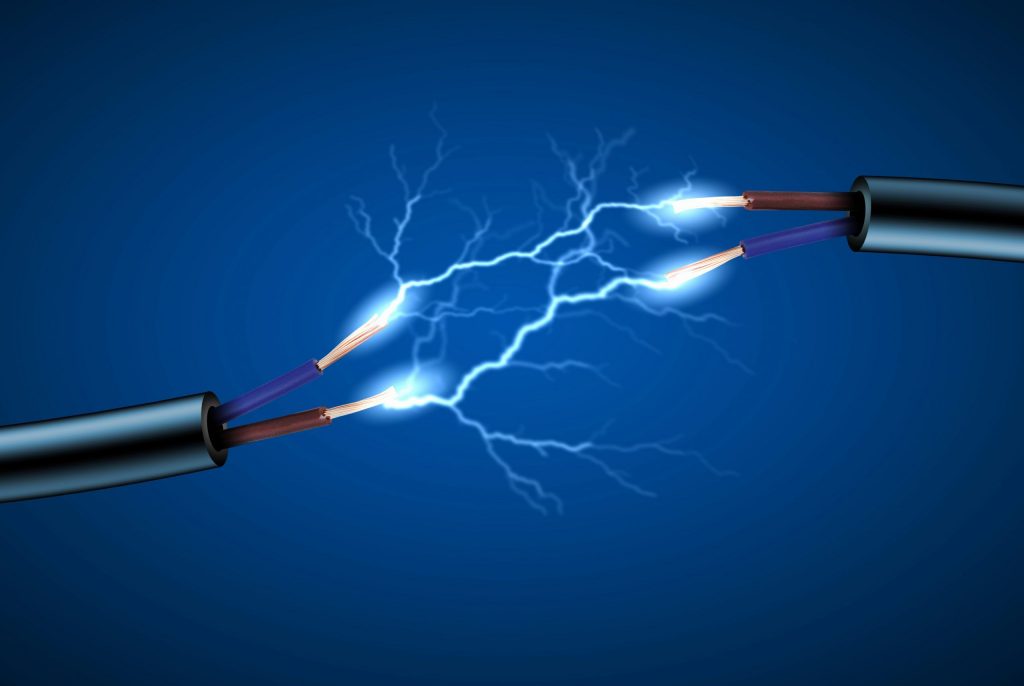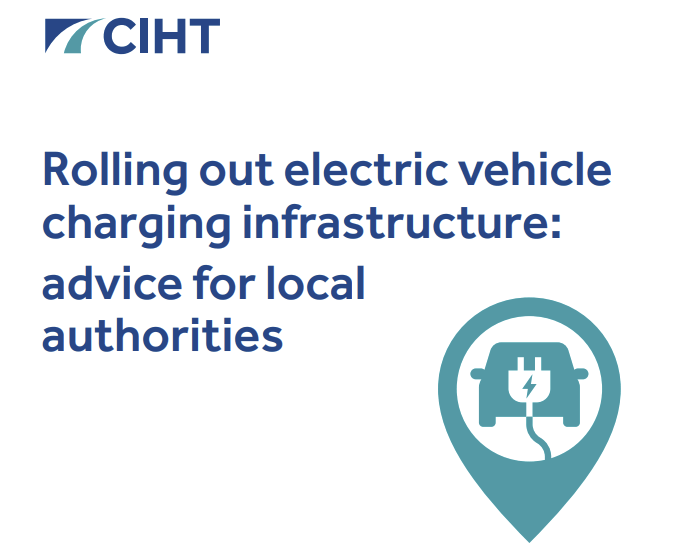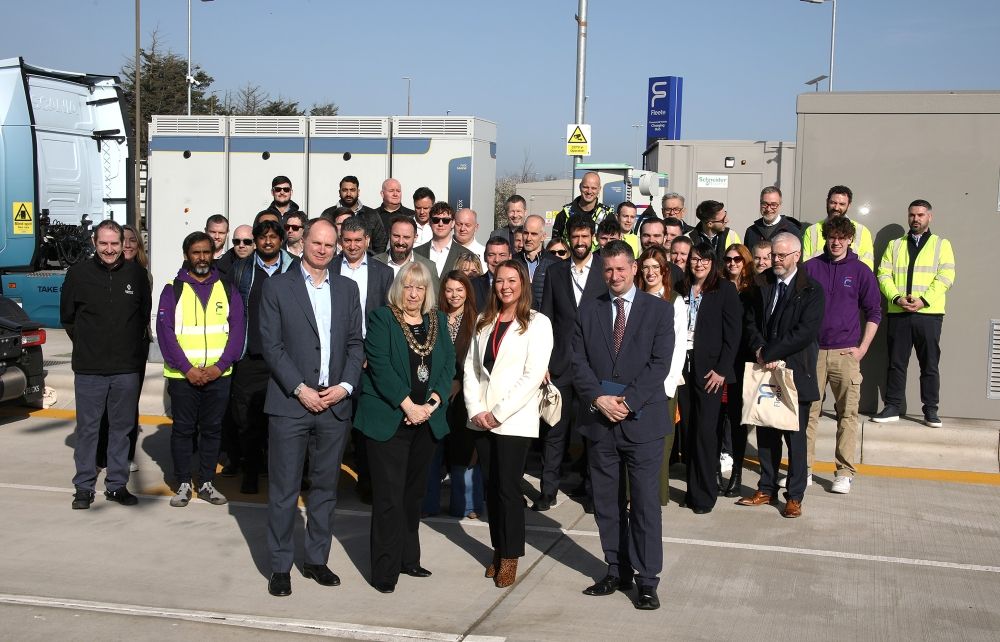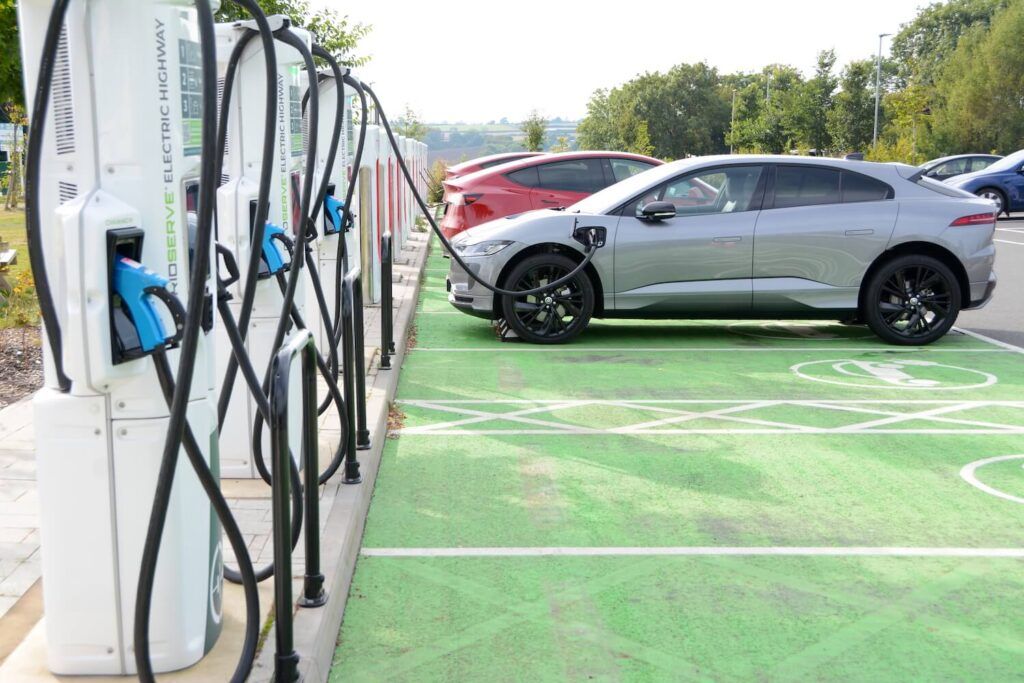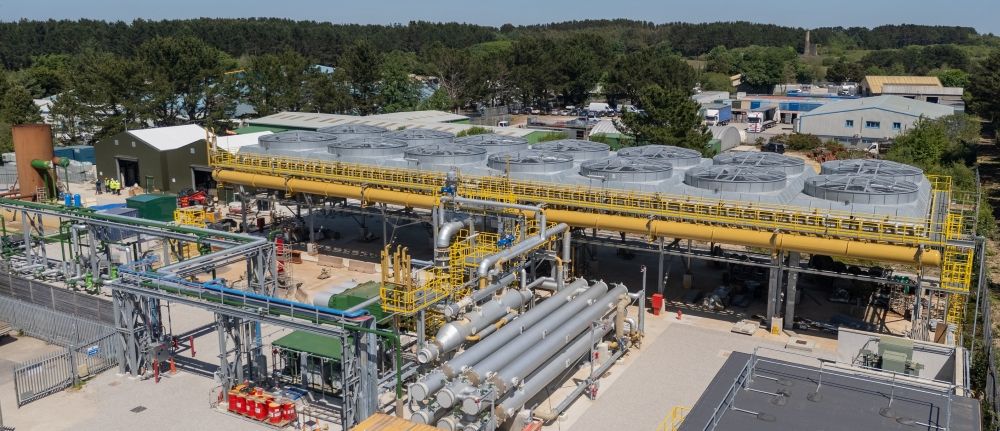There has been a “worrying drop in business optimism” for electrical products, according to the trade association BEAMA.
According to its latest quarterly report, the sector valued at £14bn, the supply chain saw a positive upturn towards the end of last year – reaching a three-year high point for electrification related sales in Q4 2024. But this was followed by a drop in business optimism at the beginning of 2025, below the five year average.
Its study highlights several key factors undermining industry optimism despite strong sales in 2024, including rising unit costs, driven by increased employment expenses following the Autumn Budget, persistently high energy prices, and ongoing uncertainty surrounding the impact of US trade policy.
The industry survey, shared with BEAMA’s 200 members, shows that given these challenges, UK manufacturers require “absolute certainty from Government regarding policy and the regulatory framework surrounding procurement practices”, it said.
The upcoming Industrial Strategy should aim to unlock investment into this critical £14bn sector to ensure the UK has the technical products needed for the net zero transition, it said.
Clarity in investment planning is particularly important to secure the energy network equipment required to meet the expected surge in electrification, especially as current network investment programmes are underspending by approximately 50%, it added.
Currently, capacity utilisation in the supply chain is running at a “worryingly high average” of 76%, with 55% of manufacturers surveyed hovering between 71% and 90%.
With electricity demand predicted to grow 70% by 2035, a tenfold increase for some sectors, building out capacity is an “urgent priority to deliver on the Government’s clean power ambitions”, BEAMA added.
Postively, it also showed “green shoots of business optimism” that have delivered significant investment into new facilities and created hundreds of new local jobs.
It cited BEAMA members Schneider Electric and Vaillant, who have recently invested a combined £82m in new electrification related facilities resulting in 400 new green jobs.
Additionally, Siemens Energy has invested in a new panel building facility creating 65 new jobs while re-structuring their resource hiring policy towards a ‘hiring for potential’ framework based on behavioural based assessments.
In the long term, BEAMA members report universal plans to maintain or increase investment over the next five years in all business areas.
Yselkla Farmer, CEO of BEAMA, said:
“Capacity utilisation is being squeezed by a reactive, ‘just-in-time’ approach to network procurement — a model that undermines investment and planning. If we want a reliable, future-ready grid and to hit our Clean Power 2030 targets, Government must reform the procurement framework to support steady, proactive investment. Trust in the system — from manufacturers to markets — hinges on this. ”
“We have the data and the manufacturing knowledge within BEAMA, which is critical to policy aspirations; now it is time for Ministers to engage with the companies that add value to our Clean Power 2030 vision both in terms of capacity building for new capital resource and green skills. This is the moment to have a clear Industrial Strategy for electrification which touched on the whole value and supply chain”.




